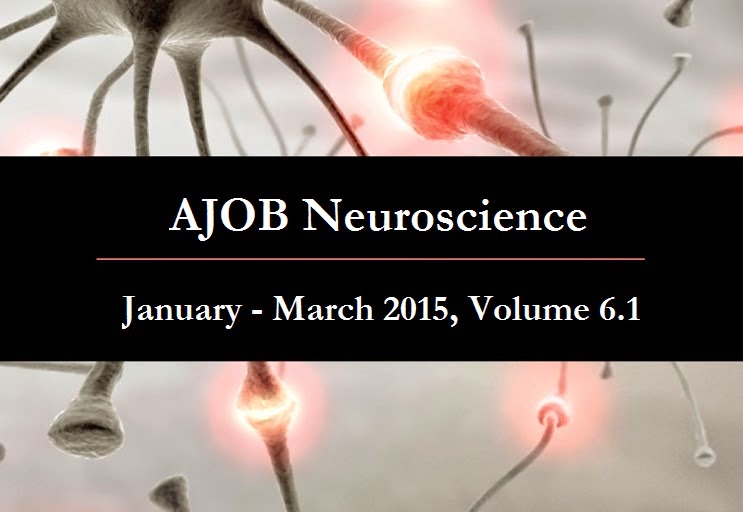Adderall as a motivational enhancer

Prescription stimulant use is on the rise at college campuses, especially at elite schools where the pressure and demands can be overwhelming. Students have a variety of methods to handle the stresses of their studies, but the consumption of prescription stimulants, such as Adderall or Ritalin, has become more popular among healthy individuals. While this trend raises multiple important ethical issues, the interesting idea that prescription stimulants may be masking authentic versions of ourselves was the topic of the most recent Neuroethics in the News discussion. Facilitated by AJOB Neuroscience editorial intern Ryan Purcell and AJOB Neuroscience Editor John Banja , the discussion centered around a recently published article by Torben Kjaersgaard entitled “Enhancing Motivation by Use of Prescription Stimulants: The Ethics of Motivation Enhancement ."1 ...


